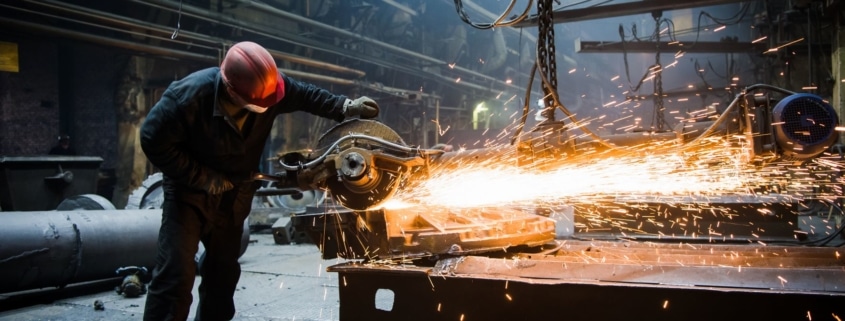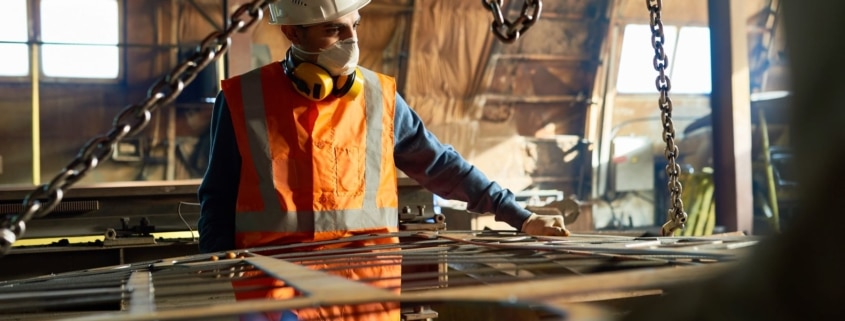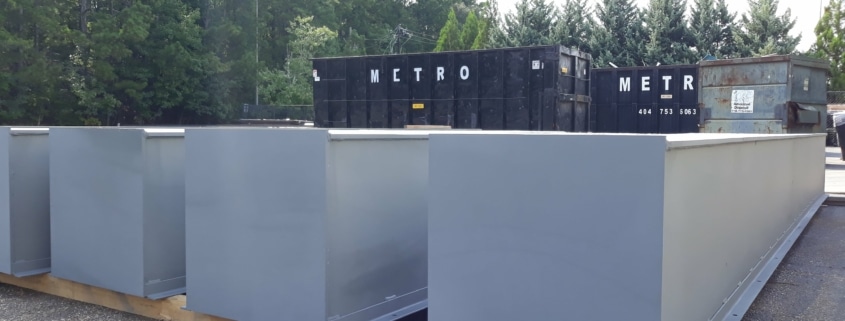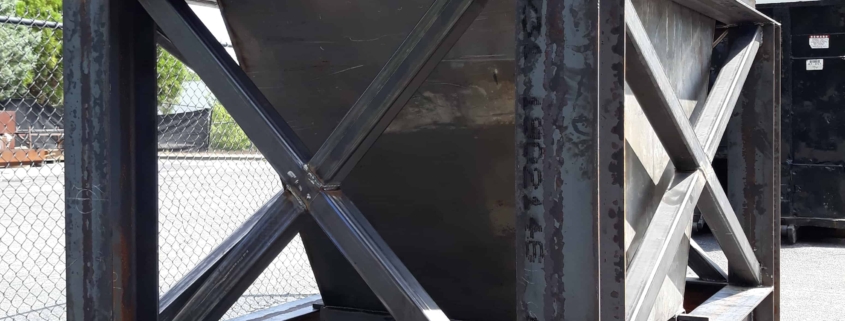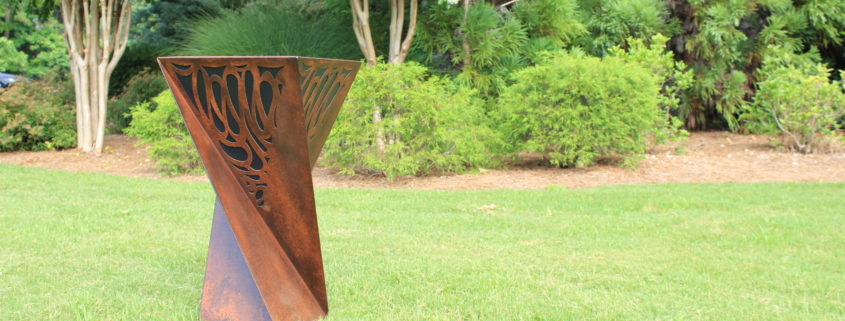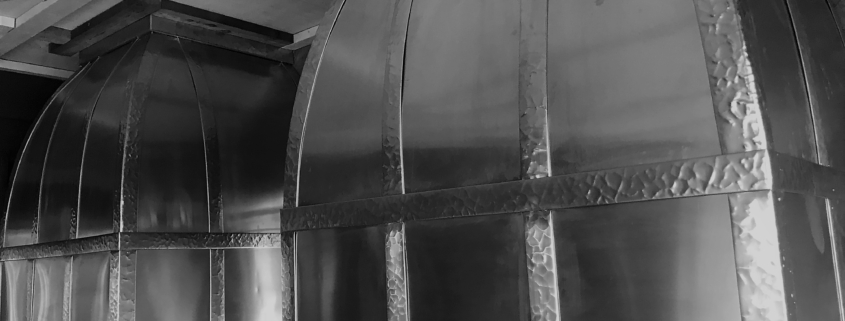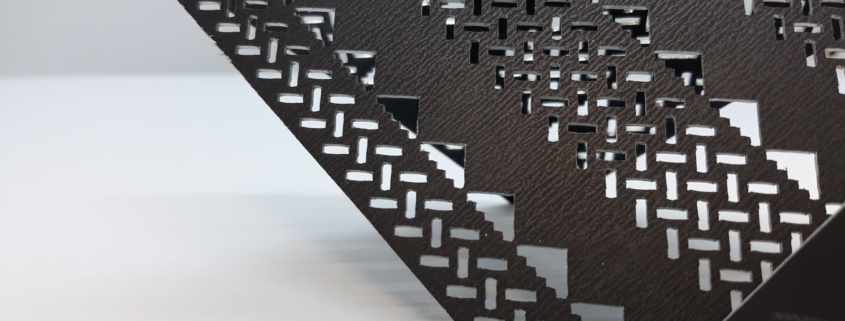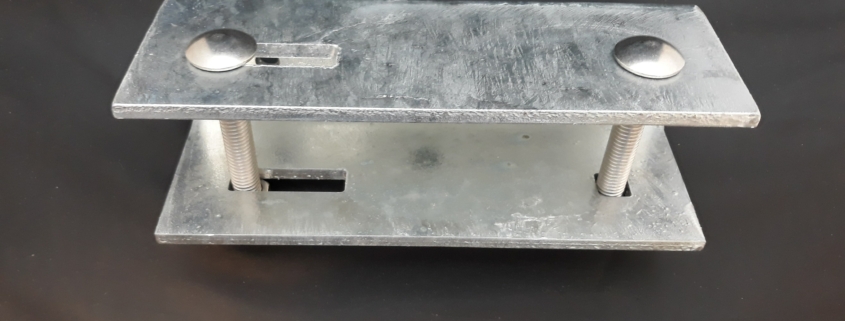Most used metals in construction projects are more demanding than ever, with modern projects often utilizing several different types of metal, mortar, and lumber to create a bespoke design that will stand the test of time.
Each metal you will find on the construction site has a purpose and an application that is necessary for that particular job. Metals offer versatility, aesthetic, function, and strength to each structure and facade. Let’s take a closer look at the metals used most often in modern construction projects and the benefits each brings.
Steel
Steel is one of the most widely used and often-recycled metals used in construction.
Because of this, it is one of the most eco-friendly materials to use as well. Steel produces sustainable constructions, able to be built quickly at relatively low prices. Steel is seen in many different types of construction, such as office buildings, hospitals, stadiums, fencing, high rises, metal homes, bridge decks, just to name a few.
Due to its ability to withstand high winds, fires, blizzards and earthquakes, steel is also seen as one of the best ways to protect your investment from the start.
Aluminum
Aluminum is lightweight and strong with the addition of also being highly resistant to corrosion and harsh climates. It is used for many kinds of projects and because of its fluidity in function, designers and architects enjoy using it to create different types of results from use. You can see aluminum in all types of applications such as walls, ceilings, roof covers, HVAC ducts, wire, doors, and windows, as well as some structural components. Its physical properties make it a perfect material for a broad range of construction projects.
This metal and its alloys are durable, malleable and infinitely recyclable. In fact, nearly 75 percent of all aluminum produced is still in use today.
Zinc
Sometimes called architectural zinc, as well as titanium-zinc alloy, rolled zinc, and zinc strip, is a soft, natural-weathering metal that has been used for centuries in various building envelope applications due to it being one of the most non-corrosive metals on the market. It is malleable, soft yet strong, and lightweight. Zinc can be cut, curved and folded to produce a wide range of shapes, making it quite popular with architects.
You can see this metal in many applications, such as roofing, gutters, facades, building ornamentation, and trimming. Another major use of zinc is in coating or galvanizing other metals that are prone to corrosion such as steel and iron in order to prevent deterioration and extend their longevity.
Copper
Copper is the oldest known metal that is still in use today in the construction industry, as well as one of the most versatile engineering materials on the planet. Copper’s physical properties, such as its corrosion resistance, durability, flexibility, conductivity and strength make it great for an almost unlimited number of projects and uses. Copper is used heavily in the construction industry for heating systems, gas and oil lines, electrical wiring, roofing, cladding and rainwater systems.
Copper tubing is famous for its use in pipes and inflexible copper tubing is used as cold and hot water tap pipes. Copper’s continued popularity doesn’t show signs of stopping as the base metal remains in high demand, due to its need in green energy projects and electric cars.
Iron
Iron has two different applications in the construction industry, broken down into the categories of wrought iron and cast iron. Cast iron is poured, modeled and melted, whereas wrought iron is rolled. For heavier construction projects, the use of iron rods is very common. Wrought iron is one of the major types of iron rod used in construction. Cast-iron is a particularly strong type of iron whose use in construction allows buildings to be built out wider and take up more space.
Iron is used in the construction of bridges and houses because it is capable of lifting the weight of different things at one time. Iron is a strong metal and has a high resisting power, which helps it resist high load, stress and strain. Wrought iron is easy to rivet and is used to make sturdy rafters, trusses and beams. Cast iron is typically used in large architectural products (the dome of the U.S. Capitol is a famous example).
Consult the Metal Experts for Your Next Project
MetalTech Global is the nation’s premiere distributor and fabricator of coil, sheet and finished architectural metals products. Working with our affiliates, we are promoting the use of sustainable metal products in the building.
We envision that home and commercial construction will be committed to using only durable and reusable products. MetalTech Global can help your commitment be successful as durability, reusability, and sustainability is our area of expertise. We work with companies like elZinc America, VMZinc, Lorin Industries, and Hussey Copper to provide the highest quality architectural products in natural metals.
While zinc has been used extensively in Europe for hundreds of years, it is a relatively new building metal in North America, and its potential for robust, beautiful structures is unmatched. As of 2021, MetalTech Global is the largest stocking center of architectural zinc in North America, with the capability of re-processing sheets and coils for customers on demand.
Contact us today for architectural metals, coils, panels, metal fabrication and cutting, folding, and more.

